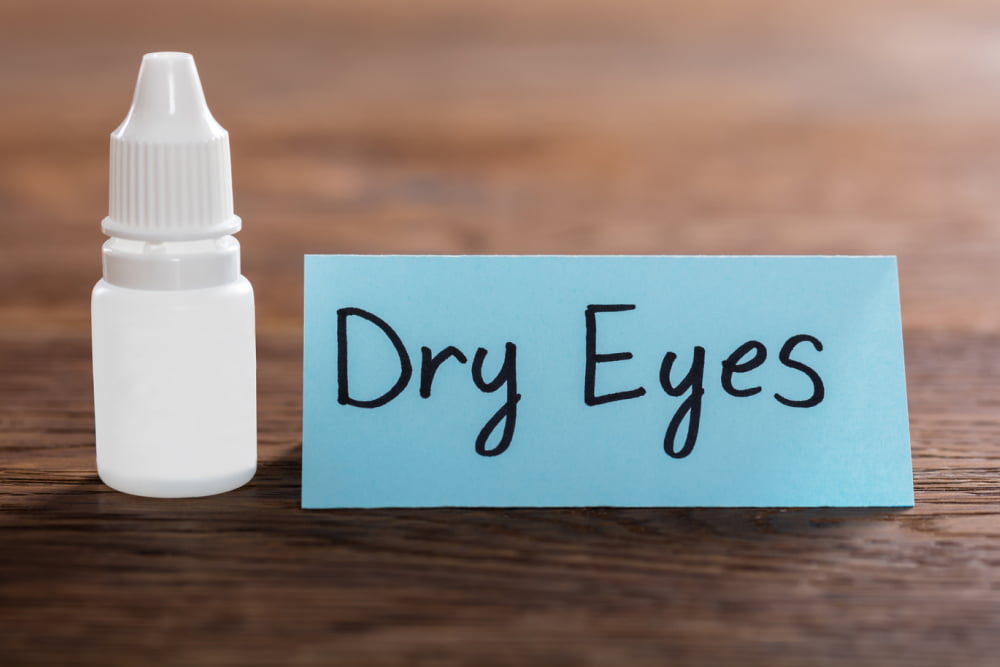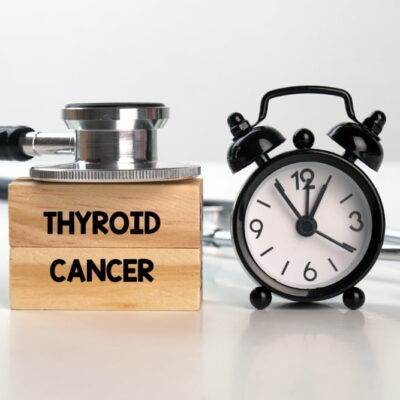
8 DIY Remedies for Dry Eyes
Dry eye is a condition associated with insufficient tear production or poor tear quality, which is why it can lead to discomfort and vision-related issues. It is a common condition, often resulting from environmental factors, excessive screen time, or underlying health issues. Fortunately, several at-home management options can help relieve the discomfort associated with dry eyes and also improve eye health. So, here are a few remedies for dry eyes:
1. Give the eyes a rest
Extended periods in front of digital screens can exacerbate dry eye symptoms, as this reduces the number of times one blinks their eyes. To combat this, one can follow the 20-20-20 rule: every 20 minutes, one should focus on an object 20 feet away for at least 20 seconds. This simple exercise can help the eyes relax and maintain adequate moisture levels.
2. Try warm compresses
Applying a warm compress over the eyes can soothe them and stimulate tear production. Here, one can wear a soft eye mask or place a warm, damp towel over the eyes. This can also help unblock oil glands, providing relief from dryness and irritation.
3. Keep eyes clean
Keeping the eyelids and lashes clean is crucial for preventing blockage of the oil glands that contribute to a healthy tear film. One can use warm water and a preservative-free cleanser to gently wash the eyelids and corners of the eye to remove any debris.
4. Blink more often
Strong, intentional blinks help spread tears evenly across the surface of the eye, keeping them moist. One should shut their eyes for a few seconds, squeezing the eyelids together, and then open them. This can promote eye lubrication.
5. Make better nutritional choices
Omega-3 fatty acids are known to improve the function of meibomian glands, which secrete oil that covers the surface of the eyes and keeps water in tears from evaporating. So, adding omega-3 sources like salmon, tuna, flax seeds, and walnuts can help. Additionally, vitamin A is essential for a healthy tear film, while vitamin D deficiency has been linked to dry eye syndrome. So, one should opt for foods rich in these vitamins: orange-colored fruits and vegetables, leafy greens, dairy, and fish.
6. Drink more water
Hydration plays a crucial role in maintaining eye health, as the eyes rely on adequate moisture to function correctly. Further, if dehydrated, the eyes can feel dry and irritated. So, drinking eight to ten glasses of water daily can help support the lacrimal glands in tear production.
7. Get enough sleep
Sleep is essential for maintaining overall health. A lack of sleep also causes inadequate tear production, exacerbating dry eye symptoms. Adults typically require 7 to 8 hours of sleep per night. So, one can try creating a comfortable sleep environment and sticking to a strict bedtime routine to improve sleep quality and reduce dry eye discomfort.
8. Get a humidifier and air purifier
A humidifier can add moisture to the air, reducing eye irritation caused by dry environments. Additionally, high-quality HVAC filters and portable air purifiers with HEPA filters can help get rid of airborne allergens and pollutants, creating a more comfortable environment for the eyes.
In addition to these remedies, for longer-lasting relief from dry eye symptoms, one should consult a doctor and get prescription eye drops or artificial tears, lubricating gels, and ointments. These products can relieve irritation and help provide and retain moisture.


